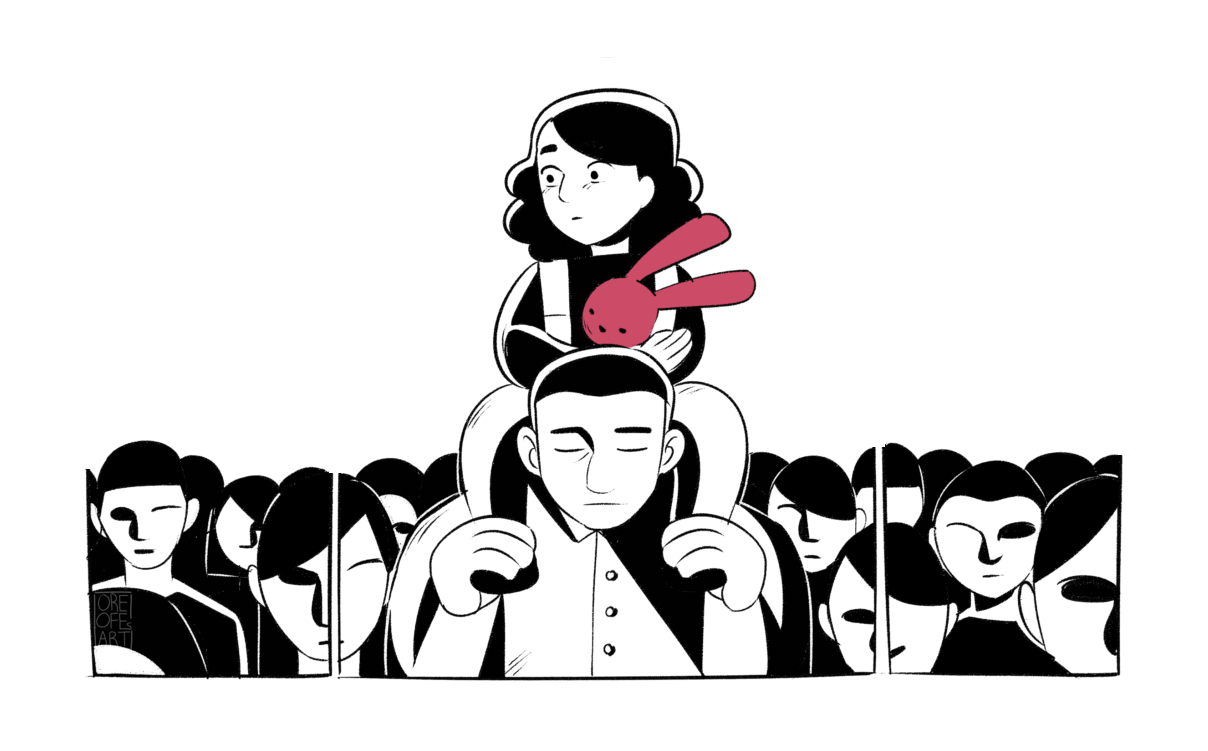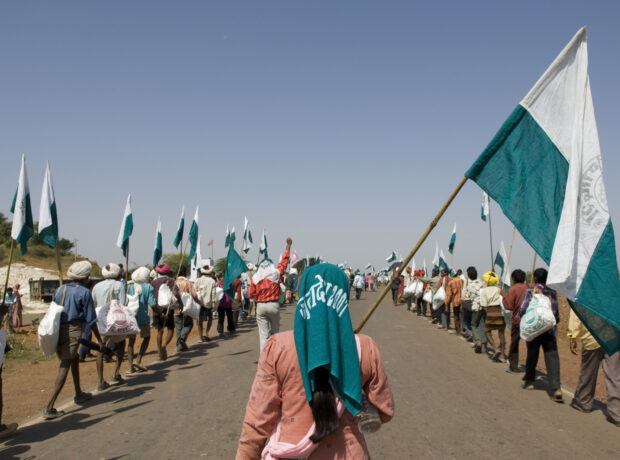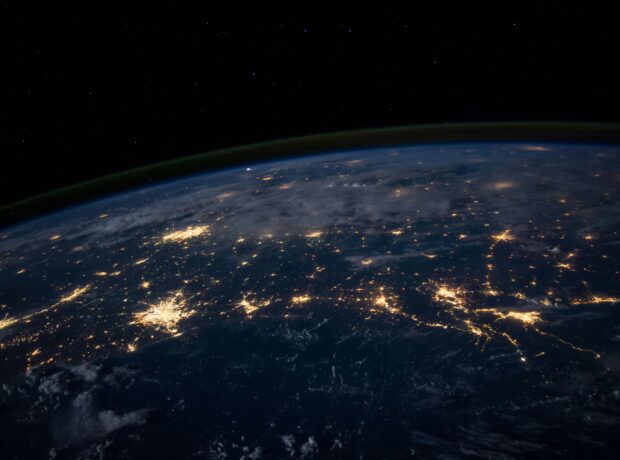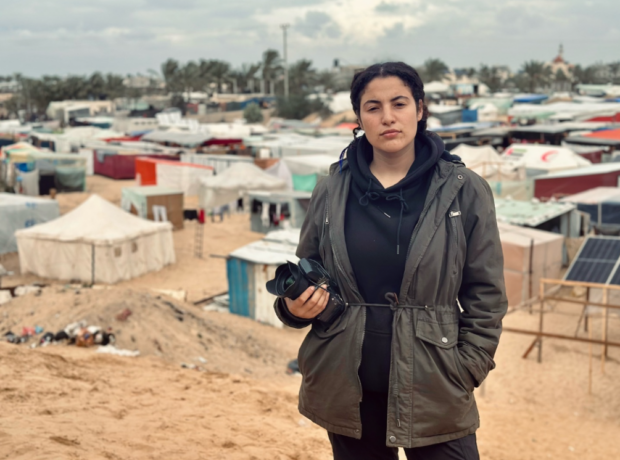In Lacuna Magazine’s first decade, our stories have been read more than half a million times and by readers in every country of the world. Clicks don’t give the full picture or measure a story’s value – and you can find our editors’ pick of articles here – but the pieces below are some of the magazine’s most popular, and they deserve to be celebrated.
Based in the Centre for Human Rights in Practice at Warwick Law School, Lacuna Magazine focuses on telling in-depth accounts of people pushing for change. From the start, we’ve featured a diverse mix of content from a broad range of writers including award-winning journalists and photojournalists, activists, academics, students, members of the public and school children. It remains our mission to search for and publish stories about injustice that might not otherwise be told.
Throughout our ten years Lacuna have drawn on the expertise and enthusiasm of a large team of contributors, publishing stories from around the world (explore our interactive world map here). But students are the heart of this magazine. In paid roles from graphic designer to content marketer, our student interns support the editor in a weekly shift to format, publish and promote new stories. The illustrations that make our stories stand out so boldly are created by talented student artists. It would not be possible for us to continue without their involvement.
We hope you enjoy the pieces below that represent some of the best work produced by Lacuna over the years.
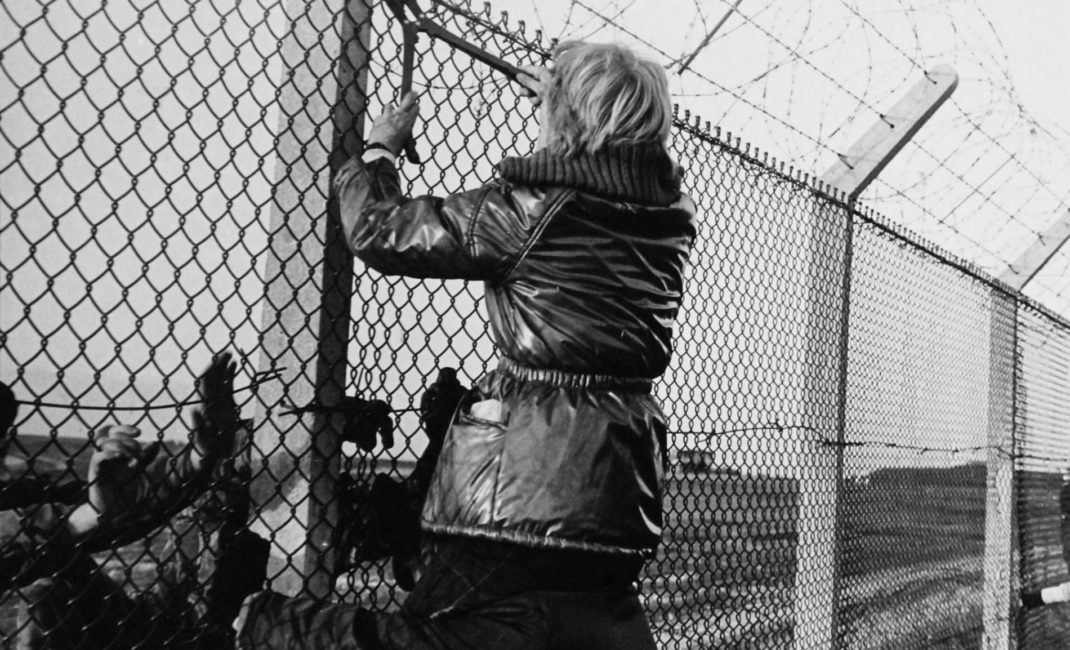
Memories of a Protest
by Rebecca Omonira-Oyekanmi, February 2014
Investigative journalist Rebecca Omonira-Oyekanmi has had a vital role in Lacuna Magazine since its launch, as our writer-in-residence and a tutor on our outreach programme. Rebecca specialises in writing about refugees, deaths in detention, the impact of austerity and protest, and her work has been twice shortlisted for the Orwell Prize for political writing. This multimedia longform feature takes us to the heart of the now-famous protests at Greenham Common. The common is a patch of grassland in Berkshire, where in the early 1980s, women gathered outside a US nuclear airbase in the British countryside campaigning for nuclear disarmament. They stayed until the American soldiers and the bombs left and remained protesting at the site for 19 years in total. The Greenham Common Women’s Peace Camp has become one of the most renowned protests of recent times and this feature brings it to life for readers decades later.
Find the full story here.
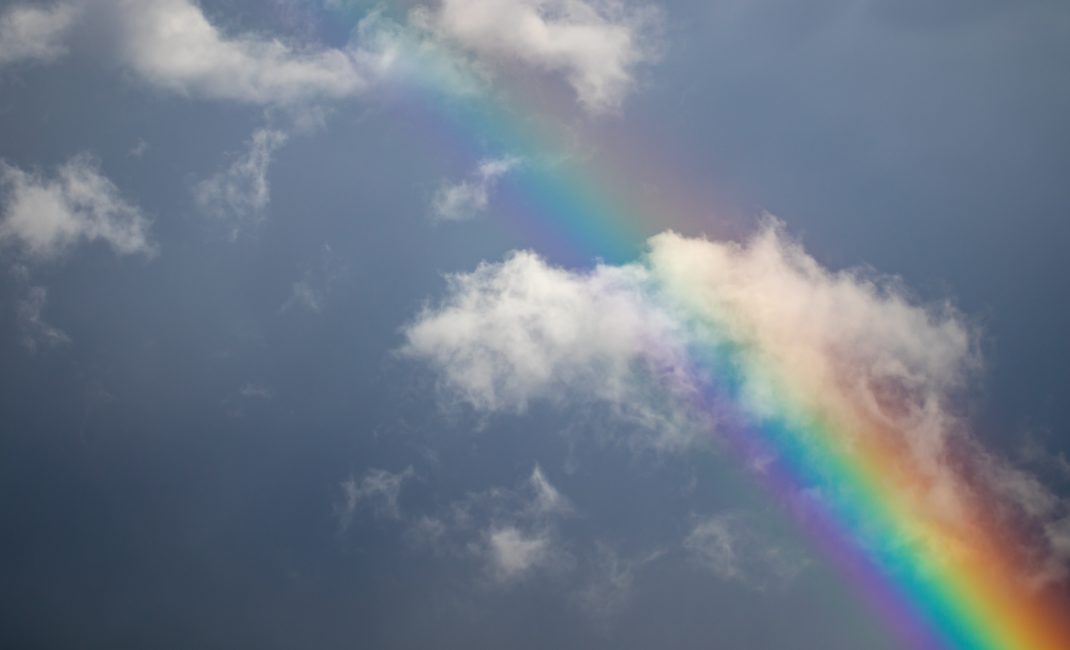
From an outsider: The reality of being lesbian and Muslim
by Deenah al-Aqsa, June 2019
This piece was written in response to protests against LGBTQ-inclusive teaching at a Birmingham primary school. The writer penned a deeply personal response, offering a rare insight into the difficulties of straddling the divide between two crucial strands of her identity as a Muslim lesbian. Writing under a pseudonym to protect her identity, Deenah, a hijabi, explains how it feels to be not only an outsider among many of her fellow Muslims, but also among her peers in the LGBTQ community and British gay scene. Deenah’s powerful testimony was quoted by MPs in Parliament during a Westminster Hall debate on the subject of LTBTQ acceptance in schools:
When I think of how the knot in my teenage heart could have been loosened if I had even one lesson at school telling me I wasn’t broken or put together wrong…I realise that this isn’t a religious or even spiritual debate. It’s a matter of human rights.”
Find the full story here.
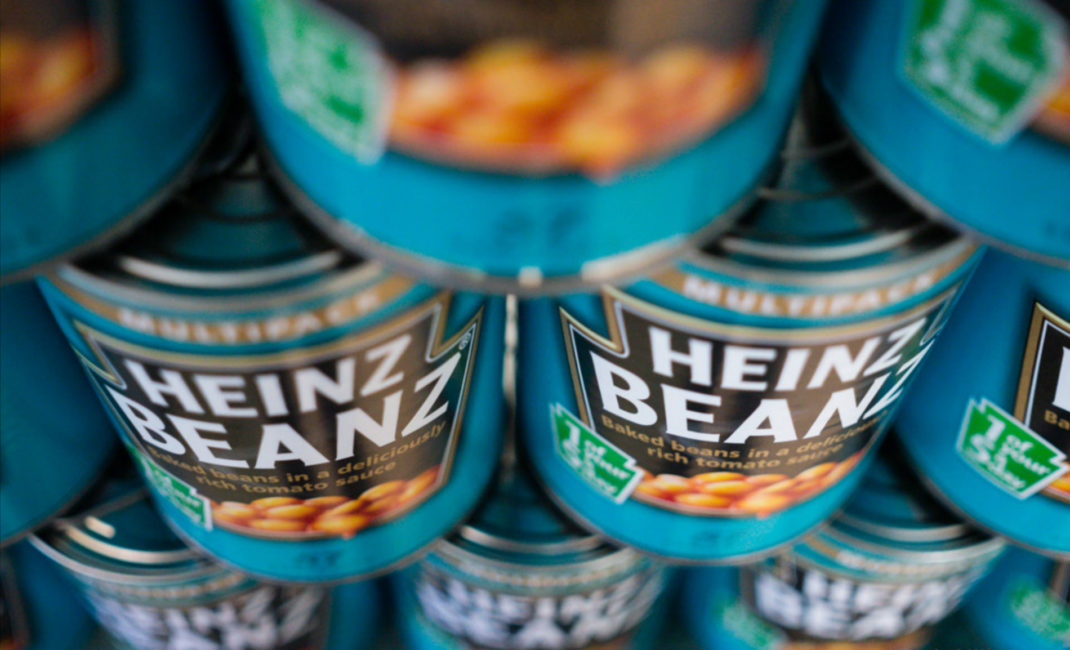
The Foodbank Dilemma
by James Harrison, October 2014
Centre for Human Rights in Practice co-director, James Harrison was one of the founders of Lacuna Magazine 10 years ago. He spent a number of years investigating the devastating impact of government austerity measures on his local city of Coventry. He was struck by the explosion of foodbanks that opened up in response. The Foodbank Dilemma tells the story of the people he met as he visited foodbanks across the country and sought to understand the contradictions at the heart of the foodbank movement. He followed this article up three years later with Foodbank Futures. These stories chart how foodbanks have become a seemingly permanent part of the UK landscape, while few people think they ought to exist at all.
Find the full story here.
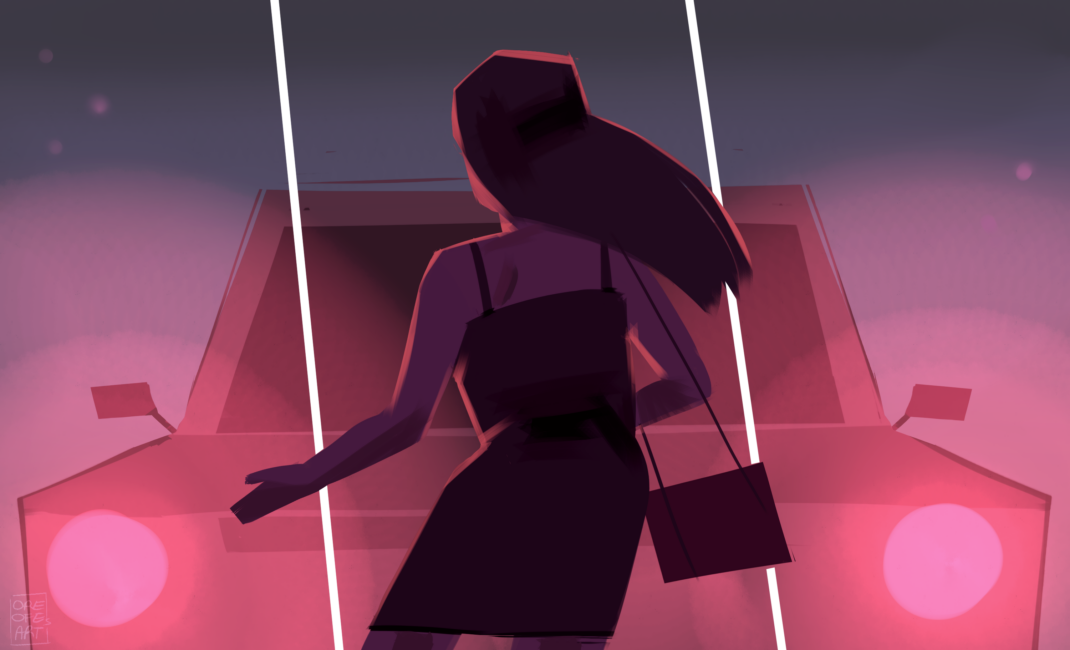
Walking Home Alone: Why women feel unsafe in public places
by Mary Collingridge, October 2022
Written by an undergraduate law student, this piece takes an original approach, combining a fictional short story with real-life historical events and statistical data about sexual assault and violence against women. The article explores the anxiety many women feel when navigating public spaces and public transport, and highlights how the justice system is failing these women. This piece was created as a response to one of the themes in the Writing Human Rights interdisciplinary module and demonstrates what student writers can achieve when they have the chance to research the justice issues that impact their own lives and the opportunity to transform that research into an artistic response.
Find the full story here.
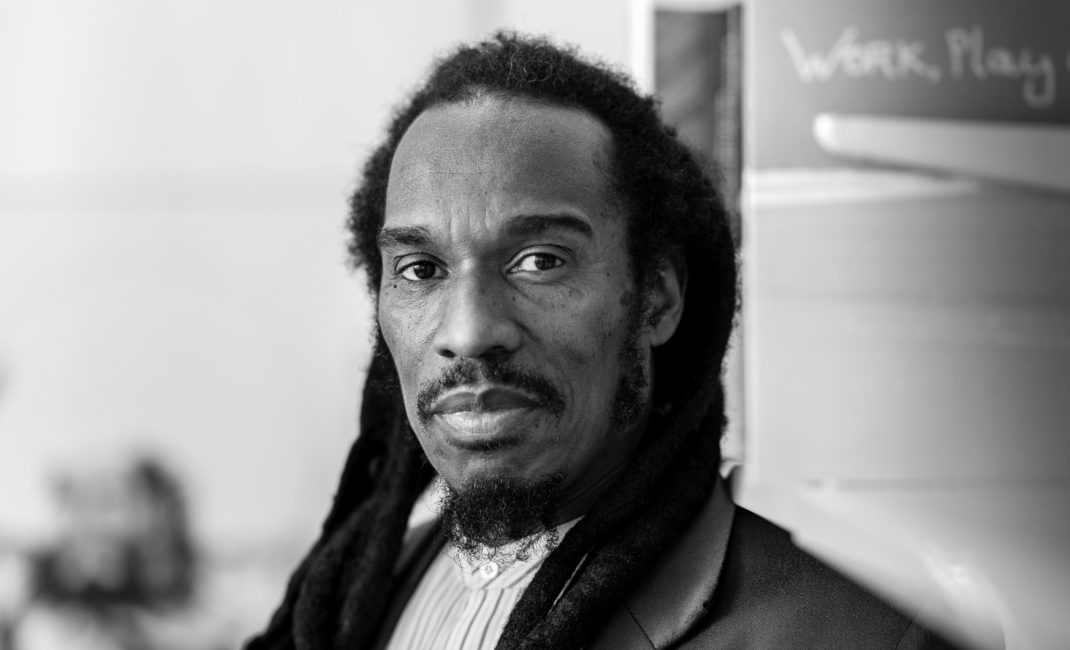
Benjamin Zephaniah: “All the books have to change. The way we educate has to change.”
by Mary Griffin, March 2018
This interview with the late Benjamin Zephaniah demonstrates why he will long be remembered as one of Britain’s most important and best-loved poets. On the eve of his 60th birthday, Benjamin looks back over his life and career, considering how much – and how little – has changed during his lifetime, and why eradicating racist attitudes and institutional racism requires more than a change in the law. A proud anarchist, Benjamin speaks about people power, the importance of language and the need to decolonise education, an issue Lacuna has since revisited. In a further round of five quick-fire questions, he talks about chocolate cake, books and music. You can enjoy one of Benjamin’s most prized poems from his anthology Too Black, Too Strong here.
Find the full story here.
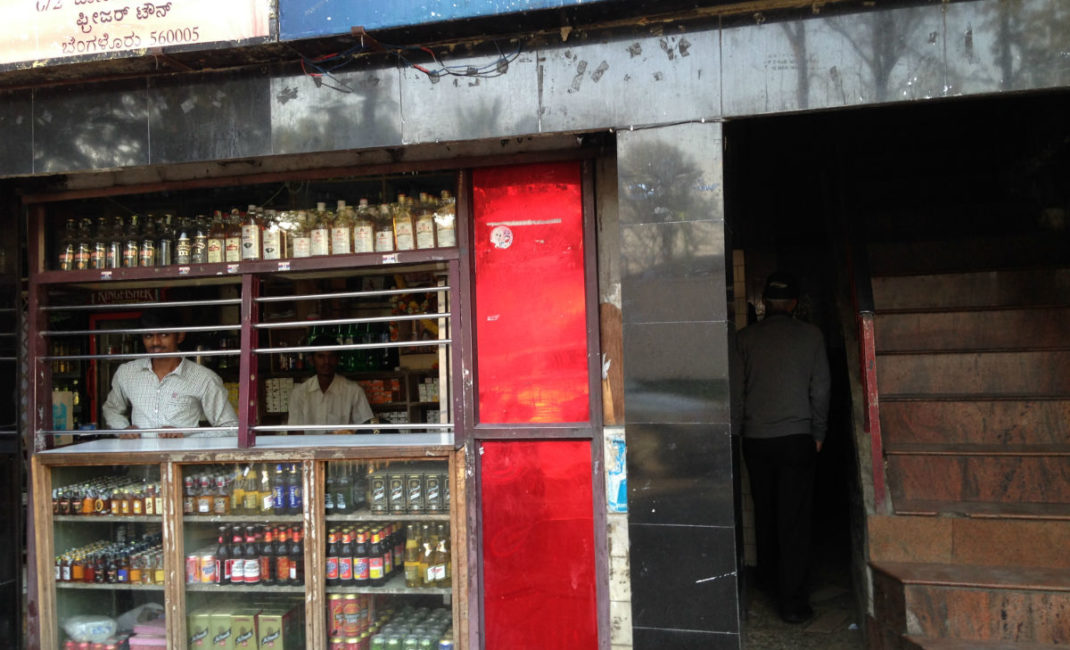
The hidden lives of India’s domestic maids
by Meera Vijayann, March 2015
Journalist Meera Vijayann won the CNN-IBN Citizen Journalism Award in 2013 for her reporting of the protest that followed the Delhi Gang Rape (known as the Nirbhaya case in India).
In this exclusive piece for Lacuna, she reported from Bangalore on life for women in domestic servitude. She told the stories of women who were forming part of a growing, insecure workforce, lacking in employment rights and a proper wage. She also reported on the violence many of these women were suffering at home. Tragically, the story is just as relevant 10 years on.
Find the full story here.
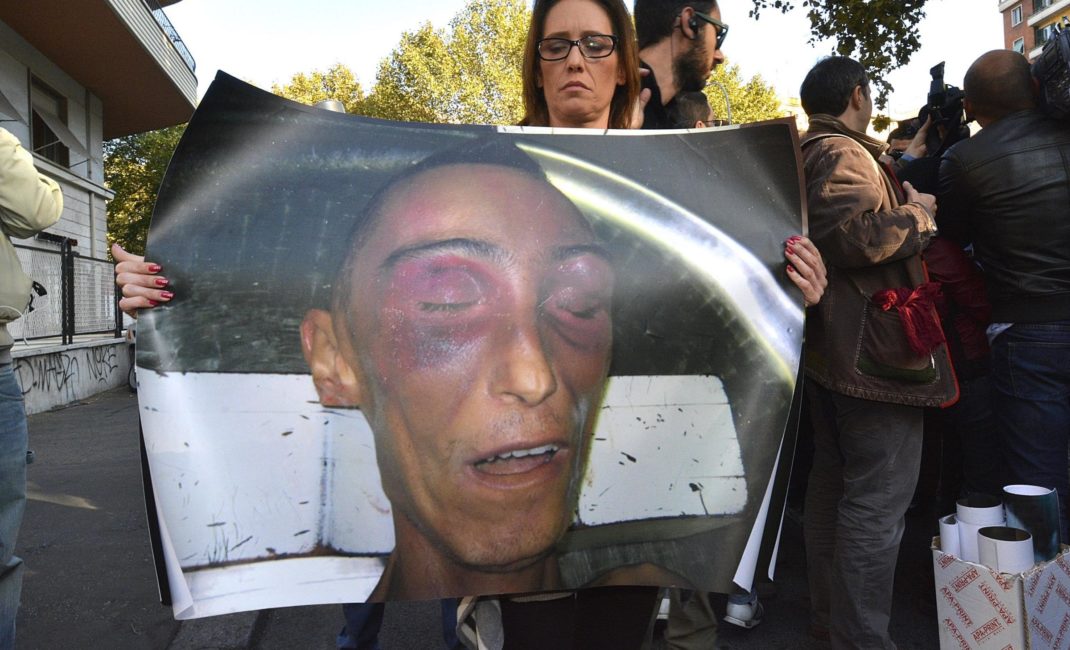
Stefano Cucchi: How one death in custody has become the symbol of police brutality in Italy
by Dario Sabaghi, January 2019
Stefano Cucchi died in police custody after being detained for handing a small amount of cannabis to his friend. Aged 31, Stefano’s body and face were badly bruised and marked when he died seven days after his arrest and the brutal beating was made famous in a long-fought campaign by his sister, Ilaria, to secure justice for her brother’s death. Details of the case have been brought to a worldwide audience through the Netflix film On My Skin (Sulla Mia Pelle). This article, one of the earliest and only in-depth features about Stefano written in English, shows that Stefano’s case was symbolic of a much greater issue and details the courage and tenacity required to hold the police and justice system to account. At the end of 2019 – ten years after Stefano’s death – two Italian police officers were sentenced to 12 years in jail.
Find the full story here.
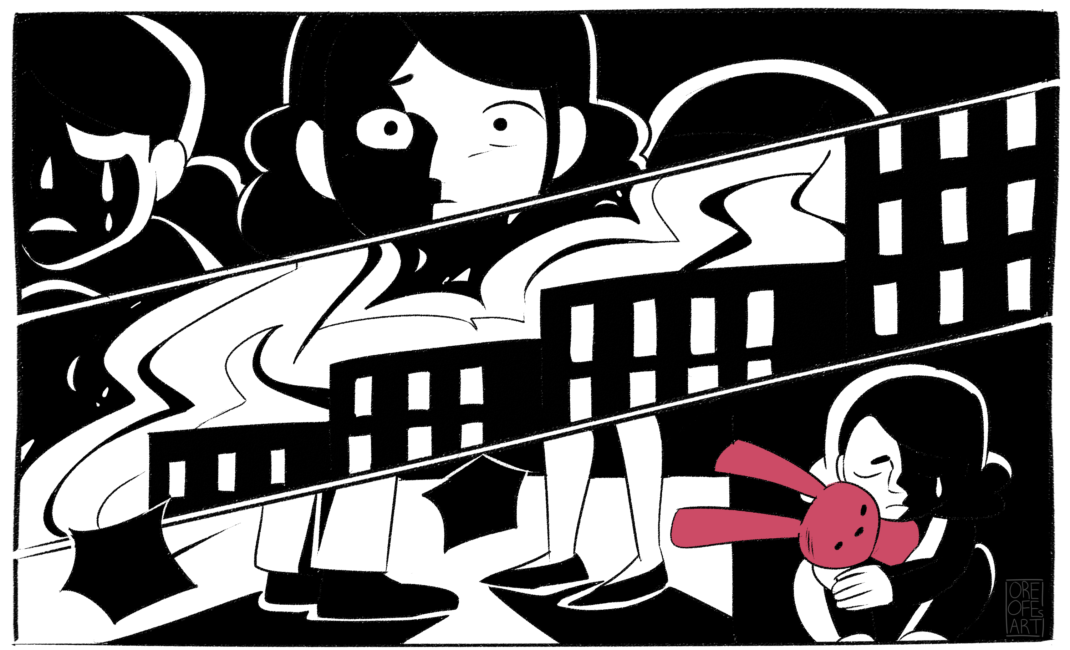
Fleeing Palestine – and what happened next
by Salma Eleyan, March 2021
How does a child feel when forced to flee home because of war? What does the search for a new home entail? And what are the long-term effects on your sense of identity and culture? Salma Eleyan (then an undergraduate law student) explores her own memories of fleeing home in this piece, written as a response to the annual Lacuna Writing Competition. This heartfelt memoir is supported by the work of one of Lacuna’s former student artists, Oreofe Morakinyo, inspired by Marjane Satrapi’s graphic novel, Persepolis.
Find the full story here.
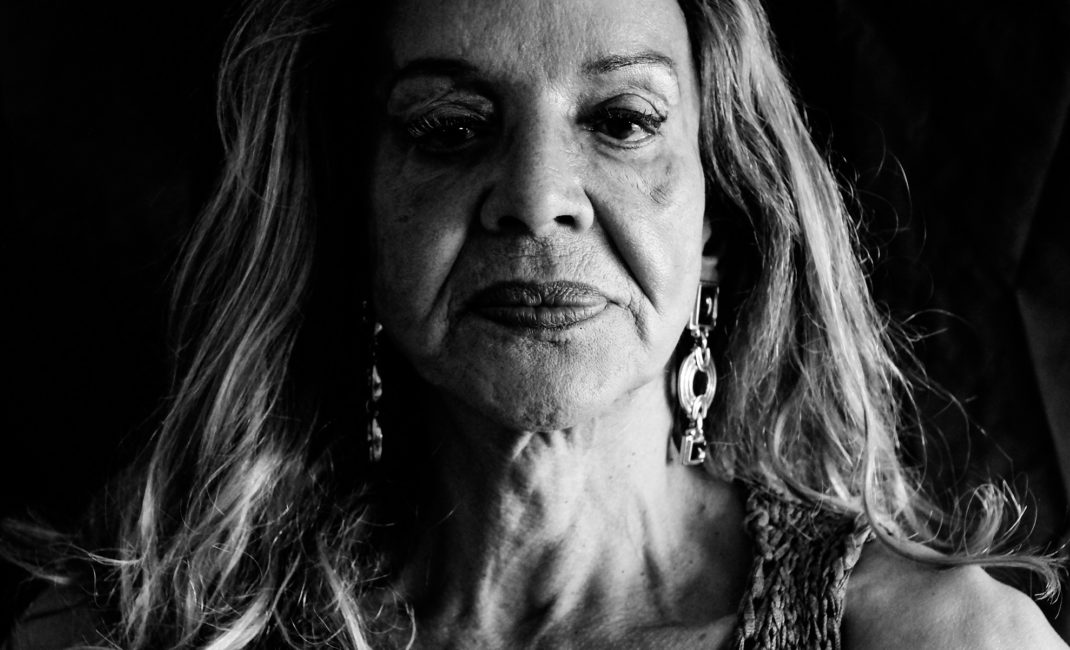
Six survivors remember Spain’s brutal anti-LGBT laws
by Luca Gaetano Pira, August 2018
This photo essay highlights just how far LGBTQ rights have come in a single generation, imploring the reader to remember the suffering inflicted on gay, bi, lesbian and transgender people within living memory. Photographer Luca Gaetano Pira remembers state punishment inflicted on LGBTQ people in Spain in the form of “re-educational camps”, torture and being labelled a “social danger”. In this piece, he speaks with six survivors, including a transgender woman born to a Roma family, one of the organisers of Spain’s first LGBT pride parade and a gay Carmelite priest, who share their memories.
Find the full story here.
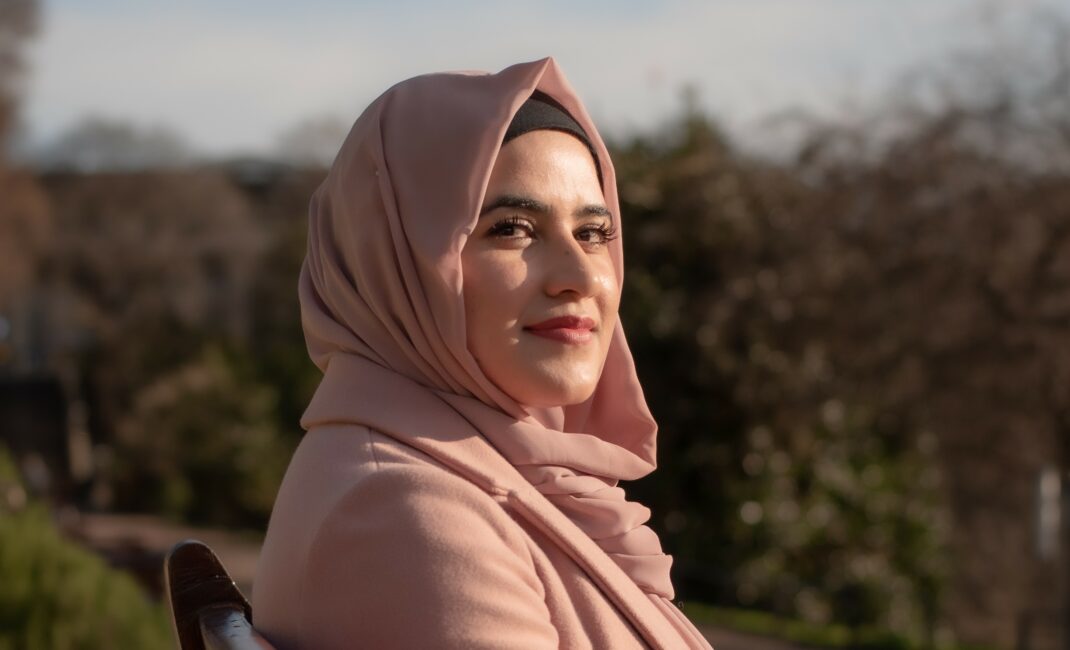
Our friend Malala: The incredible journey of three schoolgirls who survived a Taliban terrorist attack
by Nour Ghantous, September 2022
The world knows the story of Malala Yousafzai, the schoolgirl who was shot on a bus by the Taliban for blogging about the educational rights of girls. But this story explores the experiences of her school friends, Kainat Riaz and Shazia Ramzan, who were with Malala on the bus and also injured in the attack. Marking ten years since the life-changing incident, this interview follows the young women as they leave Pakistan’s Swat Valley and attempt to forge a new life. Journalist Nour Ghantous has written for Lacuna Magazine several times since.
Find the full story here.
A heartfelt “thank you” to all our writers and readers of the last ten years. We look forward to bringing you many more stories over the decade ahead.
Main image is an edited version of art produced by Oreofe Morakinyo.
Read more:
